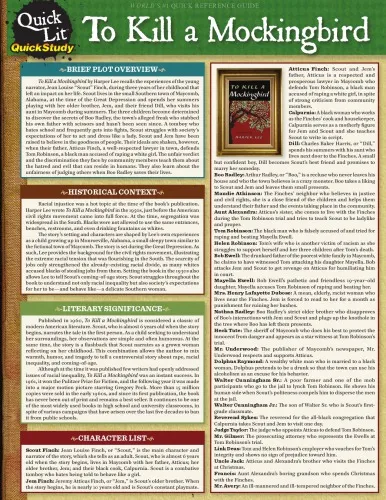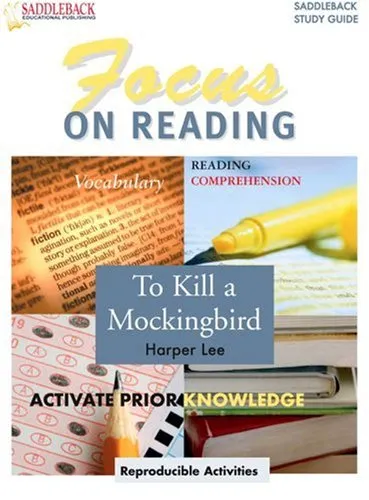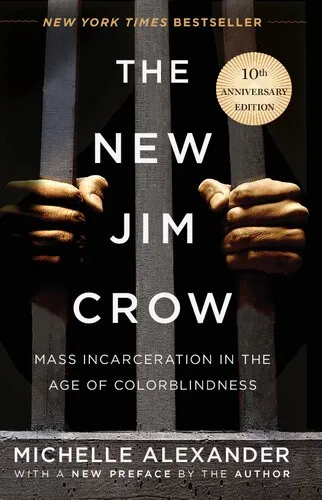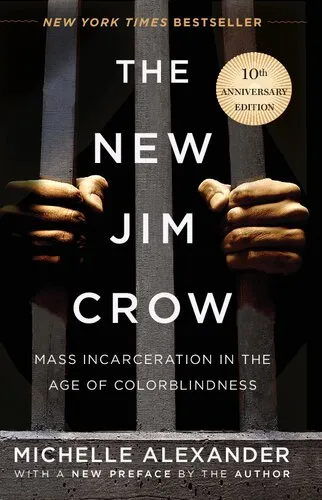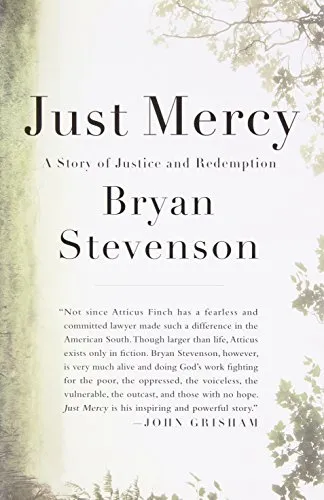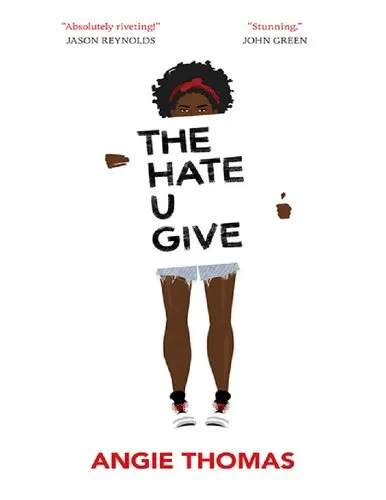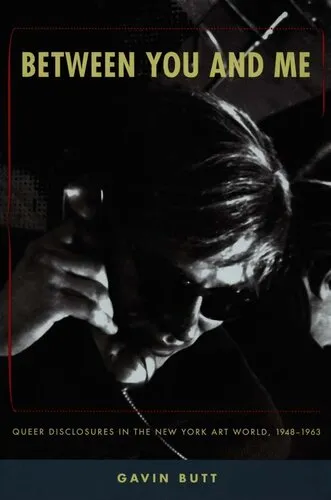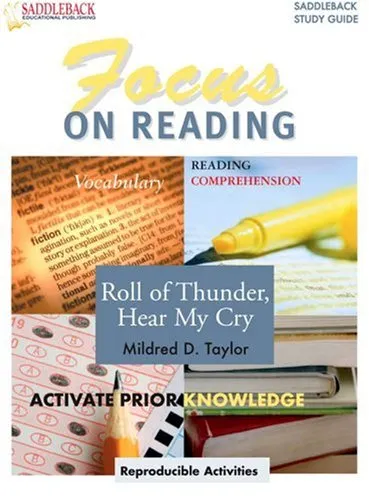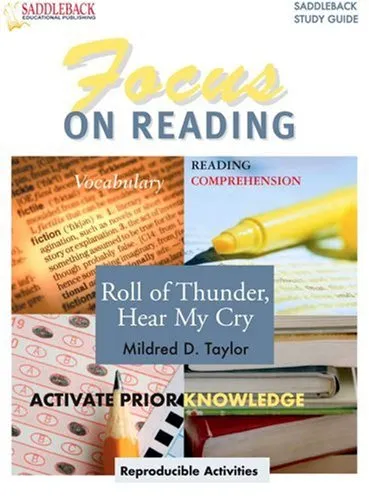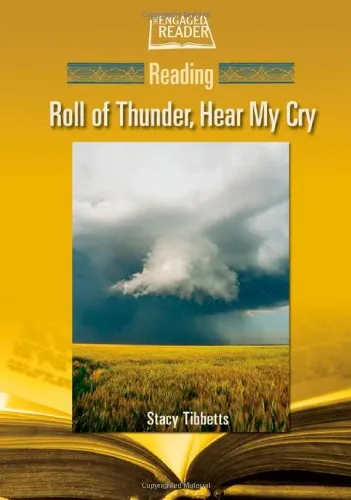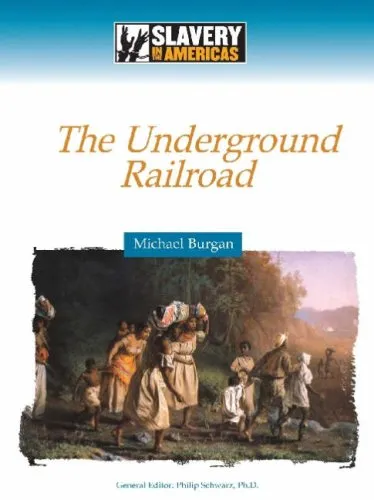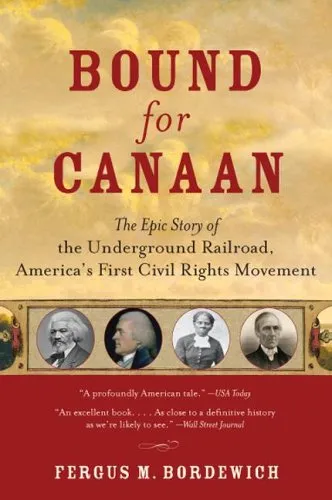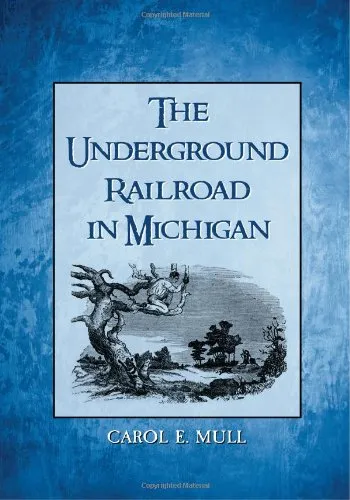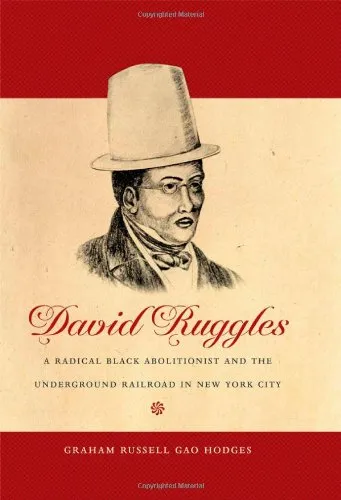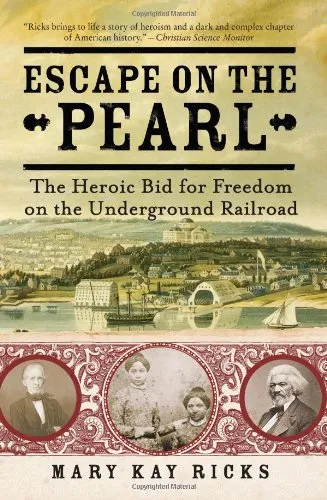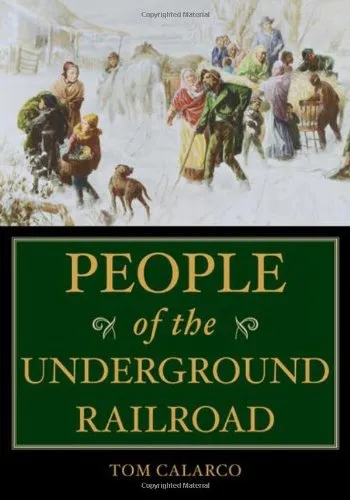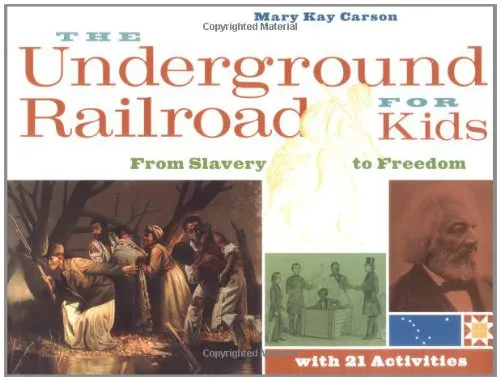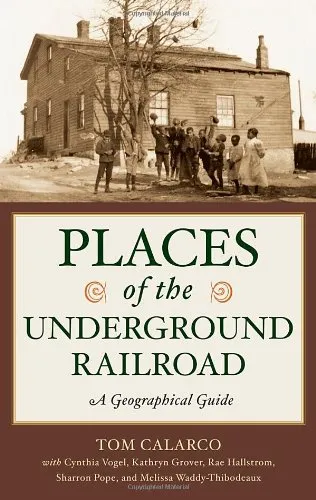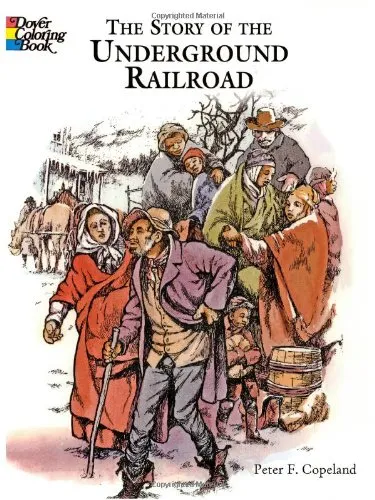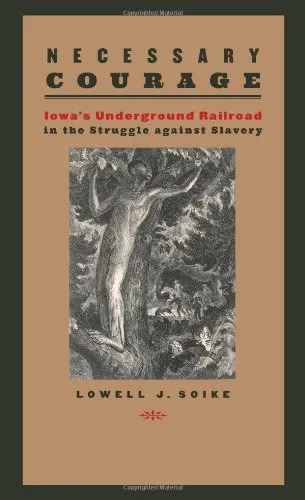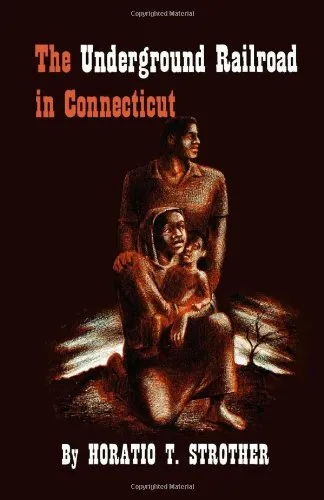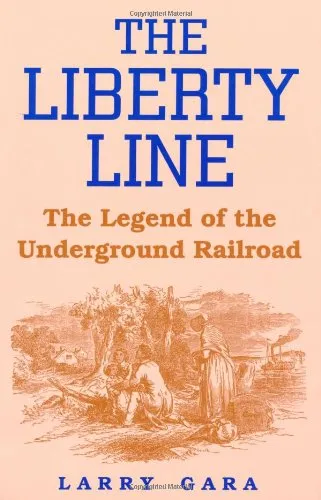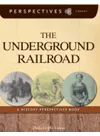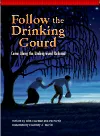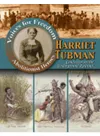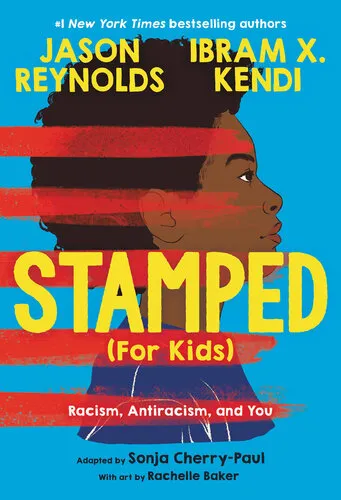Quicklit:To Kill A Mockingbird
4.0
Reviews from our users

You Can Ask your questions from this book's AI after Login
Each download or ask from book AI costs 2 points. To earn more free points, please visit the Points Guide Page and complete some valuable actions.Related Refrences:
Welcome to 'Quicklit: To Kill A Mockingbird', a comprehensive companion to one of the most cherished novels in American literature. This guide is designed to provide readers with a thorough understanding of Harper Lee's evocative narrative, its thematic depth, and its enduring significance. Dive in to discover a detailed summary, key takeaways, famous quotes, and insights into why 'To Kill a Mockingbird' remains a cornerstone of literary study.
Detailed Summary of the Book
Published in 1960, Harper Lee's 'To Kill a Mockingbird' is a poignant exploration of human morality, the complexities of social justice, and the innocence of childhood. Set in the Deep South during the 1930s, the story is narrated by Scout Finch, a young girl whose father, Atticus Finch, is a principled lawyer defending a black man, Tom Robinson, falsely accused of raping a white woman.
The novel beautifully captures the warmth and humor of Scout's childhood while unmasking the stark realities of racial prejudice and moral blindness in Maycomb, Alabama. Through her vivid storytelling, Lee exposes the irrationality of adult attitudes toward race and class in the Deep South, encouraging readers to reflect on their own societal biases.
The narrative is structured around Scout's point of view, which adds an element of innocence and clarity to the unfolding events. As the trial progresses and injustices become more palpable, Scout, her brother Jem, and friend Dill grapple with the harsh realities of their world, while the enigmatic Boo Radley offers a subplot of mystery and eventual redemption.
Key Takeaways
- Understanding of racial injustice and its implications during the 1930s in America.
- In-depth look at the moral growth of children amidst societal prejudices.
- The importance of empathy and understanding perspectives different from our own.
- Insights into the use of innocence and experience in storytelling.
- The role of family and community in shaping personal and moral beliefs.
Famous Quotes from the Book
"You never really understand a person until you consider things from his point of view... Until you climb inside of his skin and walk around in it."
"The one thing that doesn't abide by majority rule is a person's conscience."
"Mockingbirds don’t do one thing but make music for us to enjoy. They don’t eat up people’s gardens, don’t nest in corncribs; they don’t do one thing but sing their hearts out for us. That’s why it’s a sin to kill a mockingbird."
Why This Book Matters
'To Kill a Mockingbird' holds a pivotal place in literature due to its eloquent portrayal of themes related to justice, ethics, and human dignity. Its relevance endures as it confronts the uncomfortable realities of racism and moral courage. By weaving a rich tapestry of characters and social dynamics, the book invites contemplation on the influence of prejudice and the power of integrity.
Harper Lee's seamless blend of childlike innocence with the complexities of adult issues allows readers to reflect on the purity of youth and the convolutions of social norms. Her ability to capture the zeitgeist of the Southern United States during a time of deep discrimination makes it an essential read for those seeking to understand societal evolution towards equality and fairness.
The novel's lessons in empathy, conveyed through the wisdom of Atticus Finch and the experiences of Scout, nurture a deeper understanding of humanity. This quintessential narrative not only shapes readers' sense of morality but also perpetuates discussions on race, ethics, and the enduring fight against injustice.
Free Direct Download
You Can Download this book after Login
Accessing books through legal platforms and public libraries not only supports the rights of authors and publishers but also contributes to the sustainability of reading culture. Before downloading, please take a moment to consider these options.
Find this book on other platforms:
WorldCat helps you find books in libraries worldwide.
See ratings, reviews, and discussions on Goodreads.
Find and buy rare or used books on AbeBooks.
1691
بازدید4.0
امتیاز0
نظر98%
رضایتReviews:
4.0
Based on 0 users review
Questions & Answers
Ask questions about this book or help others by answering
No questions yet. Be the first to ask!
